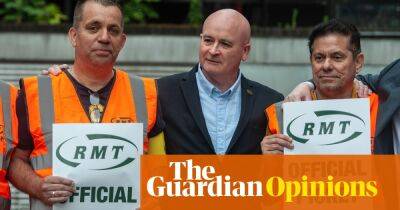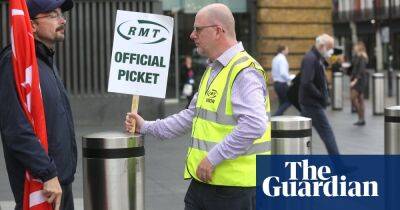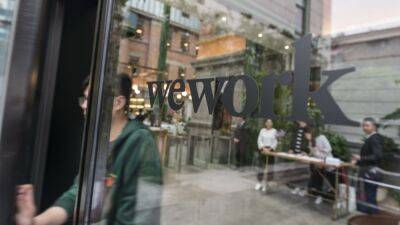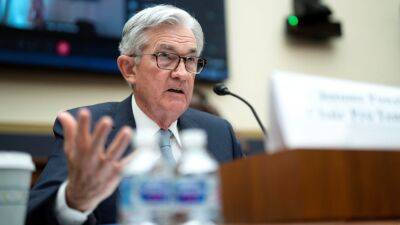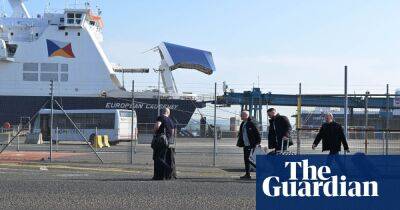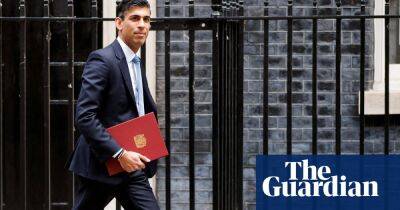Strikes, inflation, slump... back to the 70s? More like the unwinding of Thatcherism
This is not the 1970s all over again, notwithstanding the apparent similarities – oil shocks, recession, seasons of discontent, inflation. What we are living through is something more profound. It is the painful unwinding of the dysfunctional Thatcherite economic model, driven by credit, consumption and property prices, so careless of investment, productivity and good, high-performance workplaces. Its end started with the financial crisis, accelerated with Brexit and is now sealed by the economic fallout from Ukraine.
What is not obvious, given the backward-looking national economic conversation dominated by Thatcherite shibboleths and myths about the horrors of public debt, is what is going to succeed it. With the right leadership, it could be a moment for developing new modes of growth, 21st-century business models and high-wage employment, an attack on regional inequality and a reframing of our relationship with Europe.
What is more likely, given the directionless, principle-free Boris Johnson government, is descent into the most difficult economic circumstances since the Second World War – with unparalleled social distress, bitter division and economic stagnation. The challenges have rarely been so acute, the future never been more up for grabs.
This week’s rail strikes are the latest trigger for fears that Britain is revisiting the 1970s and its trials of union power. But there is now no single industry such as coal-mining on which the country depends that can be used by a union for wage-bargaining leverage; there are no huge sites of mass employment vulnerable to strikes; above all, rates of unionisation have halved. This week will be inconvenient for many but the three strike days will resemble three miniature
Read more on theguardian.com








